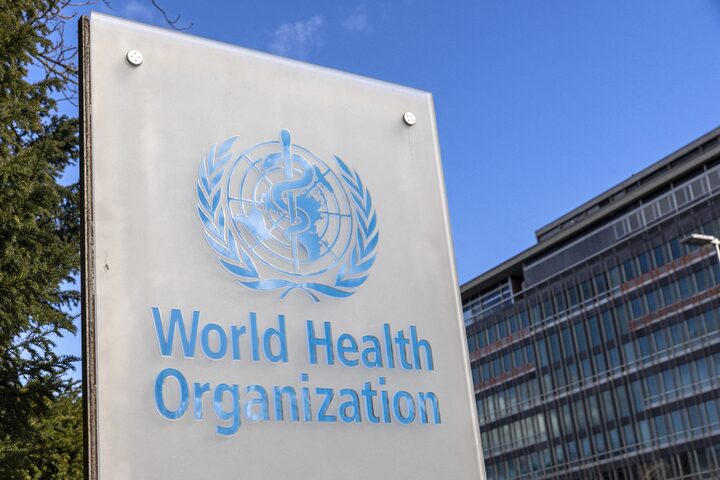

The World Health Organisation (WHO) logo is seen near its headquarters in Geneva, Switzerland, February 2, 2023. REUTERS/Denis Balibouse Purchase Licensing Rights
LONDON, Dec 8 (Reuters) – The World Health Organization is “very worried” about the spread of a severe form of mpox that has killed nearly 600 people, mainly children, in the Democratic Republic of Congo this year, a senior official said.
The country has reported over 13,000 cases in 2023, more than twice as many as during the last peak in 2020, with the disease occurring in almost every province. The WHO is working with the authorities on the response and a risk assessment.
On Thursday, the U.S. Centers for Disease Control and Prevention (CDC) issued an alert about the dangerous clade I mpox outbreak.
“The virus variant is known to be more virulent. If it adapts better to human to human transmission, that presents a risk,” Rosamund Lewis, WHO’s mpox lead, told Reuters by phone from Kinshasa.
Mpox is a viral infection that spreads through close contact, causing flu-like symptoms and pus-filled lesions. Most cases are mild but it can kill.
Last year, a less severe form – clade II – began to spread globally, largely through sexual contact among men who have sex with men, and the WHO declared a public health emergency.
New evidence that clade I can also spread through sexual contact is concerning, Lewis said. Mpox can also spread to humans from infected animals or among family members within households, she said. Children and people with weak immune systems are more at risk, with illness leading to death in up to 10% of clade I cases.
“We have very little information of who is dying of mpox [in DRC] other than age,” said Lewis, adding more data was needed.
The WHO is also worried about an outbreak among sex workers in South Kivu, because of the vulnerability of the population as well as the risk of the infection spreading to neighbouring countries, she said.
The agency is working with the Congo government to resolve regulatory hurdles to enable the country to procure or accept donations of mpox vaccines, currently only available in the country in ongoing clinical studies. There is also a mpox antiviral treatment trial underway.
DRC has not requested any treatments, Lewis said. Getting the vaccine is more complex, she added, because only one region of the WHO has a supply agreement in place. Any donations would also need funding for deployment.